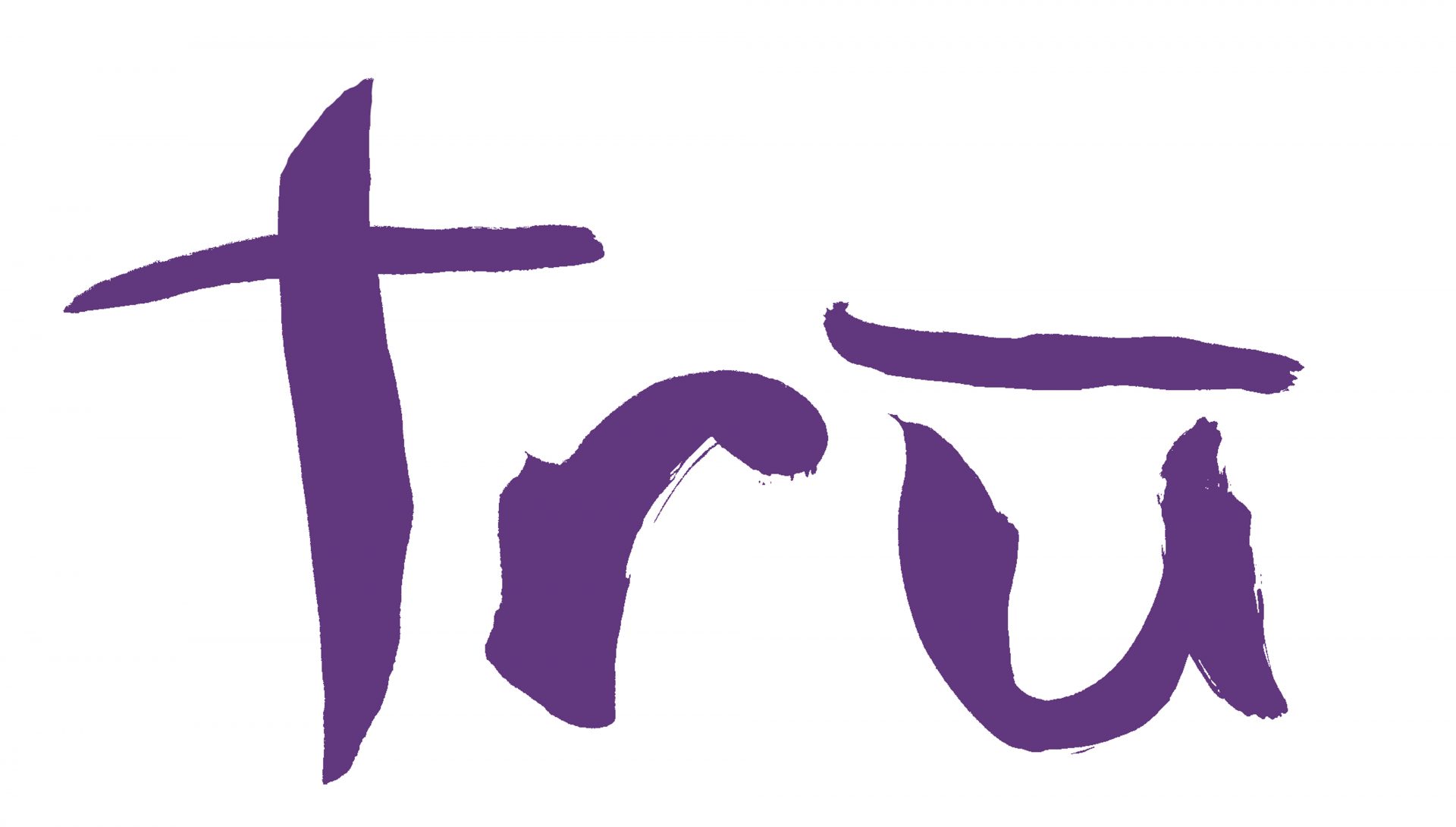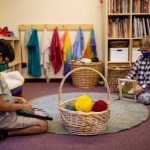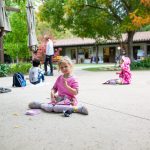We all want to be liked.
We all want other people to listen to our ideas. The skills of clear communication and confident presentation are valuable in any profession. Stage performance teaches those skills.
A performance tests children’s attention and concentration amid many distractions. They must not only memorize the words to recite, but also understand how their role fits with the whole: when to speak, how to speak, where to move, when to enter and leave the stage. They learn to follow a long and careful sequence with multiple variables—a skill that matters in mathematics, research, and many other disciplines.
A performance is highly collaborative. It cannot be successful when the players focus only on their own roles. They must interact, respond, and adapt. The students learn to listen for the reactions of others and modify what they do accordingly. They develop a projected sense of self-confidence, even if that confidence is not completely felt. They become aware of body language and vocal clarity.
Every year the Trū Players engage in two major performances. These scripted shows include all students. They last one to two hours in duration, with memorized lines, costumes and props, music and video, and a public audience. The first is Science on Stage, a dramatic presentation of original experiments by students as well as stories of past great discoveries. The second is a story-based play related to each year’s integrative theme.
Continue exploring what Trū has to offer







